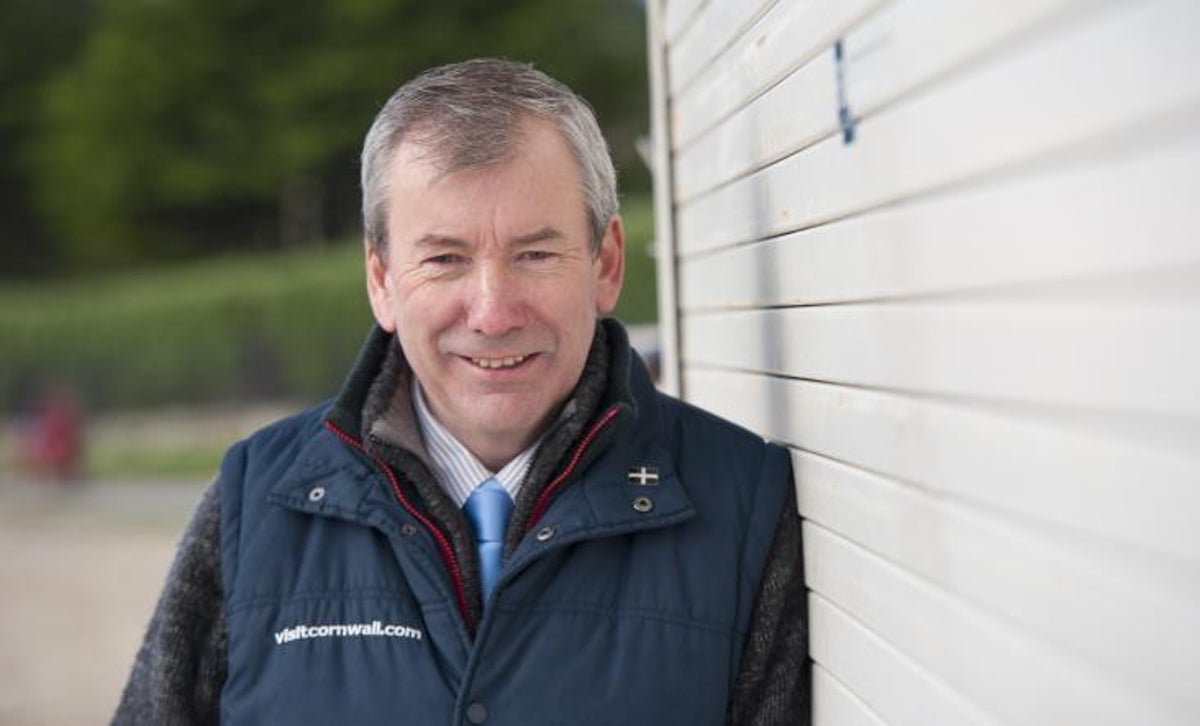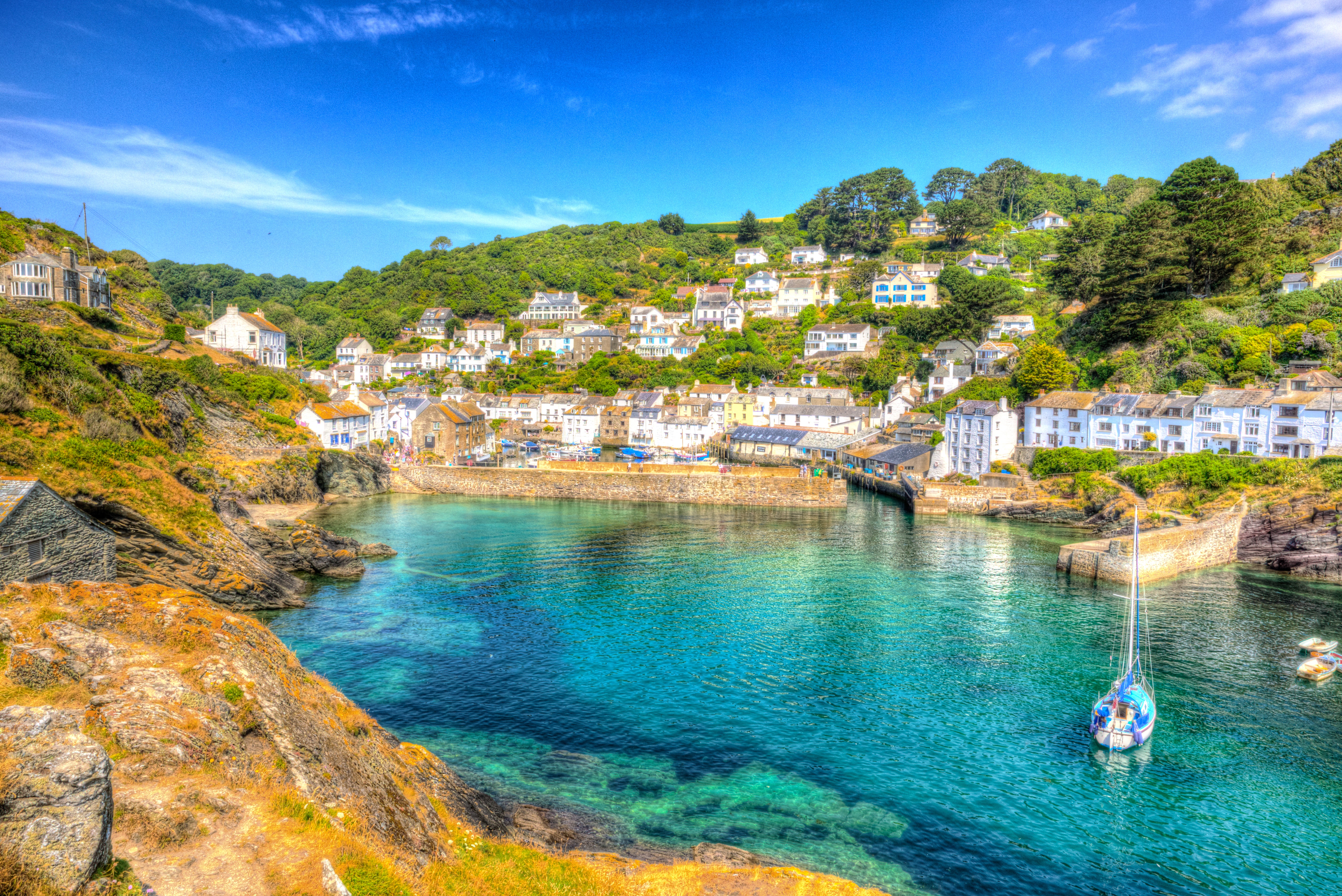
Cornwall’s holiday chief has described some visitors to the region as “bloody tourists” who “don’t show respect”.
Malcolm Bell, the outgoing chief executive of Visit Cornwall, also called some of the area’s vistors “f***ing emmets”, an old English term meaning ants.
The retiring chief had particularly harsh words for tourists who came to Cornwall when they really wanted to be on a foreign holiday.
In an interview with Cornwall Live, Mr Bell said visitors fall in to five unofficial categories. “At one level you have friends, then you have guests, then you have tourists, then you have bloody tourists, then you have f***ing emmets. You can quote me on that,” Mr Bell said.
“The challenge we have is to get the friends, guests and tourists, who get us, then try and convert the bloody tourists, but forget the awkward people who are ‘why haven’t you got this?’, ‘why haven’t you got that?’”
Mr Bell was frustrated with those who come to Cornwall but “do not want to be here”. He said that during the pandemic the region had “made outselves the place to be”.
“Half the country went abroad. Once you stopped them going abroad, we ended up with people here who didn’t want to be here,” he said.
“It’s settled down again now,” he added.
Conservative councillor Barry Jordan criticised Mr Bell’s comments, saying: “I hate the words emmet and grockle. They have no place in modern society.”
He added: “We welcome all tourists. Cornwall relies on tourism.”
The chief executive is set to leave his post at the end of December.

Responding to his own comments in the interview, Mr Bell admitted that he regrets “the issue was not correctly communicated and that many will react to the headline”.
He added: “The point I was making is there are very, very few visitors that do not like, love and care about Cornwall and they are the ones that annoy locals and do not show respect and hence getting called negatively. The point I pressed was that the role of a tourist board must be to target its marketing and to invite those that will appreciate and join us in a love of Cornwall.”







